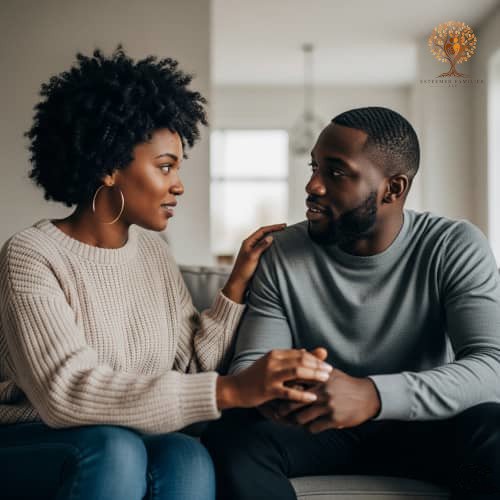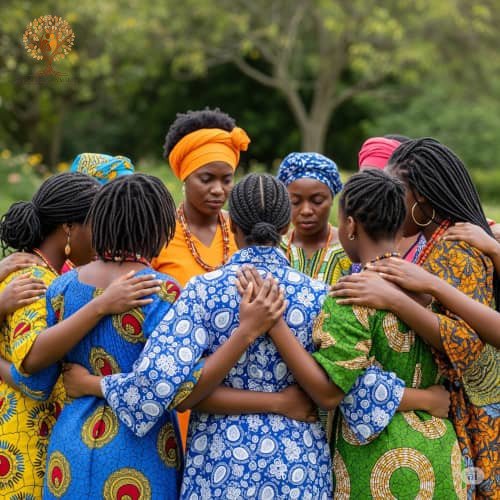
Communication vs. Connection: What Your Relationship Might Be Missing
The Difference Between Talking and Being Heard
Here's the thing about communication—it's tactical. It's about exchanging information, solving problems, coordinating schedules. It's "Can you pick up milk on your way home?" and "We need to talk about our budget" and "Your mom called."
Communication is necessary. You can't run a household or plan a future without it. But communication without connection is like having a really efficient business meeting with someone you happen to live with.

What Is Play Therapy? And How Does It Help My Child?
Why Kids Need a Different Kind of Therapy
Here's something that seems obvious once you think about it: asking a 5-year-old to sit in a chair and talk about their feelings is like asking them to perform surgery. They just don't have the tools yet.
Most kids under 12 don't have the vocabulary to express complex emotions. They can't say, "I'm experiencing anxiety about my parents' relationship and it's manifesting as behavioral regression." What they can do is crash toy cars together repeatedly, or make the mommy and daddy dolls live in separate houses, or draw pictures where everyone is sad.

How Trauma Manifests in Black Women—and How We Heal
The intersection of race and gender creates a unique landscape of experiences for Black women—one that includes both extraordinary resilience and profound vulnerability to trauma. Understanding how trauma manifests specifically in Black women's lives, and more importantly, how healing can occur, is essential for fostering genuine wellness in our communities.
The Unique Nature of Trauma for Black Women
Black women face what researchers call "intersectional trauma"—the compounding effects of racism, sexism, and often classism, creating layers of stress that can be difficult to untangle. This trauma isn't just personal; it's generational, historical, and systemic.
